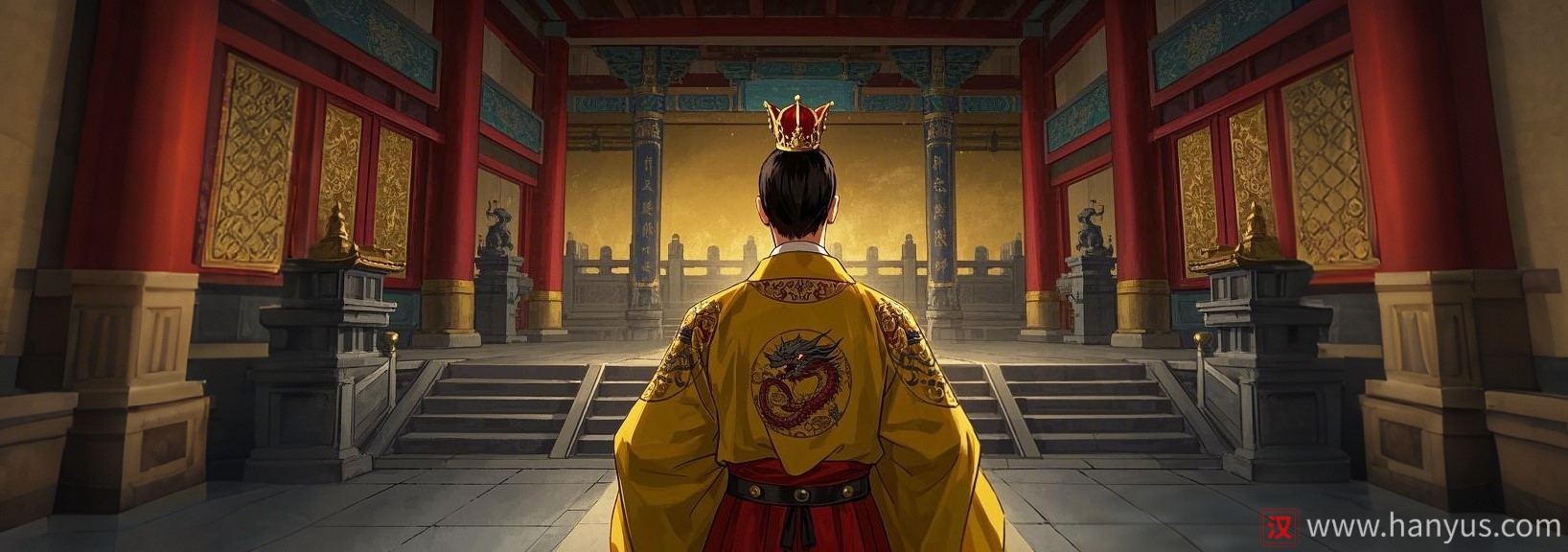Huang Di (Emperor,皇帝) is the title of the highest ruler during the Chinese imperial period. Qin Shi Huang (秦始皇) Ying Zheng (嬴政) was the first emperor of China and referred to himself as the “First Huang Di (始皇帝)”. The title of emperor has been used for over 2000 years.
In ancient China, Xi Huang (Fu Xi,伏羲), Wa Huang (Nu Wa,女娲), Huang Di (Xuan Yuan,轩辕), and Yan Di (Shen Nong,神农) were not real emperors, but only leaders of tribes or tribal alliances. Later generations added the titles of ”Huang (皇)” or ”Di (帝)” to them.
The rulers of the Xia Dynasty were called ”Hou (后)”, the rulers of the Shang Dynasty were called ”Di (帝)”, and the sons of heaven of the Zhou Dynasty were called ”Wang (王)”. During the Warring States period, many vassal states claimed the title of king, but still respected the son of heaven of the Zhou Dynasty as the ”Tian Wang (天王)”.
Qin Shi Huang unified China and felt that he had done great deeds, so he created the term ”Huang Di” as the title for the supreme ruler and called himself the ”First Huang Di”. From then on, ”Huang Di” became the title for the supreme ruler of China’s feudal society.
The emperor was the leader of China, with the greatest power, and everyone had to listen to him. The emperor called himself ”Zhen (朕)”, and others addressed him as ” Bi Xia(Your Majesty ,陛下)”, ”Sheng Shang (Holy One,圣上)”, or ”Long Live the Emperor” to his face, and respectfully called him ”Sheng Ren (Sage, 圣人)”, ”Da Jia (Bigone, 大家)”, ”Guan Jia (Official Family, 官家)”, or ”Zhi Zun (Supreme One, 至尊)” in private.
Last Updated on 3 months
